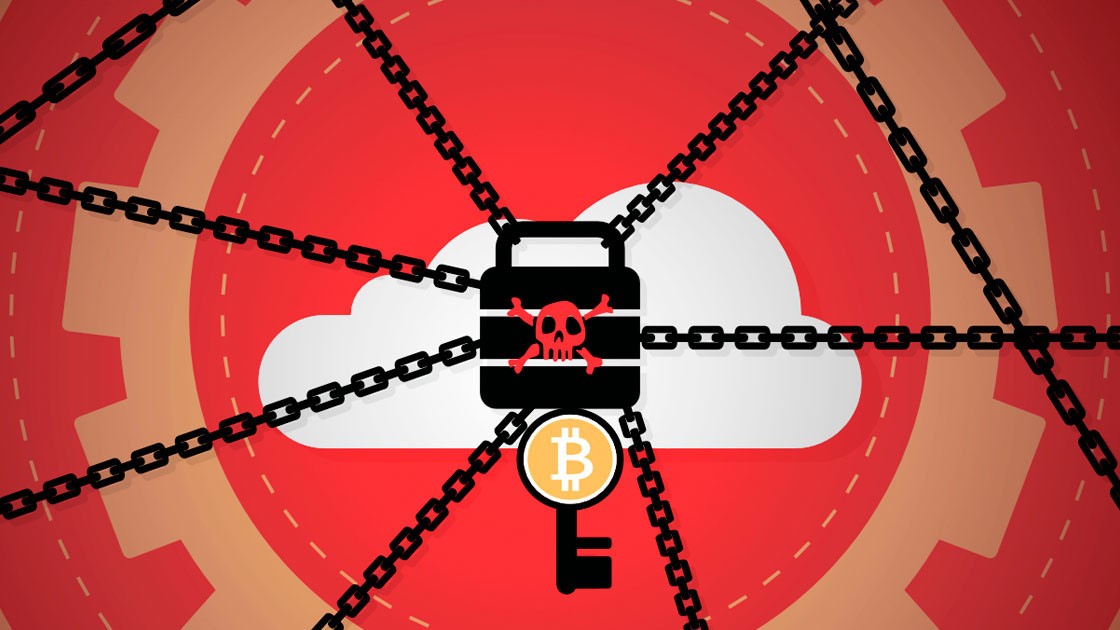In 2021, ransomware-related addresses received over $ 33 million in cryptocurrency.
The service was launched by Jack Cable, an engineer at the cybersecurity-focused company Krebs Stamos Group. The tool tracks payments to ransomware by collecting information about attacks from affected users and verifying the authenticity of these messages.
The project team expects Ransomwhere to help assess the spread of malware and develop effective measures to combat it.
According to Cable, it is impossible to analyze the consequences of ransomware attacks without comprehensive public data on the total number of payments in their favor. He explained that the presence of such information is going to allow us to understand whether certain actions change the state of affairs for the better.
Trending: Bitcoin miner found a forgotten multi-million fortune
According to the service, in 2021, REvil (Sodinokibi) from the hacker group of the same name became the largest ransomware. Its victims paid more than $ 11.3 million. In second place is Netwalker (Mailto), whose developers and affiliates received more than $ 5.7 million.
The total damage could more than double if the REvil group receives the $ 70 million they demanded from victims in early July.
US President Joe Biden considered tracing cryptocurrency transactions to be one of the possible options for combating ransomware viruses.
Jake Williams, CTO of BreachQuest, noted that the United States has no difficulty with ransomware - the problem lies in the weak information security infrastructure.
Trending: Dubai World Trade Center To Become a Crypto Hub and Regulator
“Policymakers should focus on cybersecurity as a whole, and not just discuss the visible aspects of disruptions. The solution to the ransomware issue will still leave us unprotected, ”the specialist wrote.
Cable agreed in response that the ransomware viruses were just a "symptom." In his opinion, it is necessary to "raise the bar for security at the national level," without giving up the economic pressure on the operators of such software.






